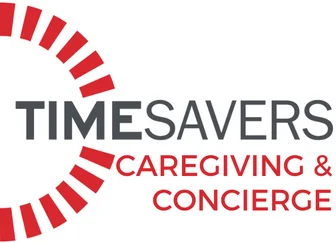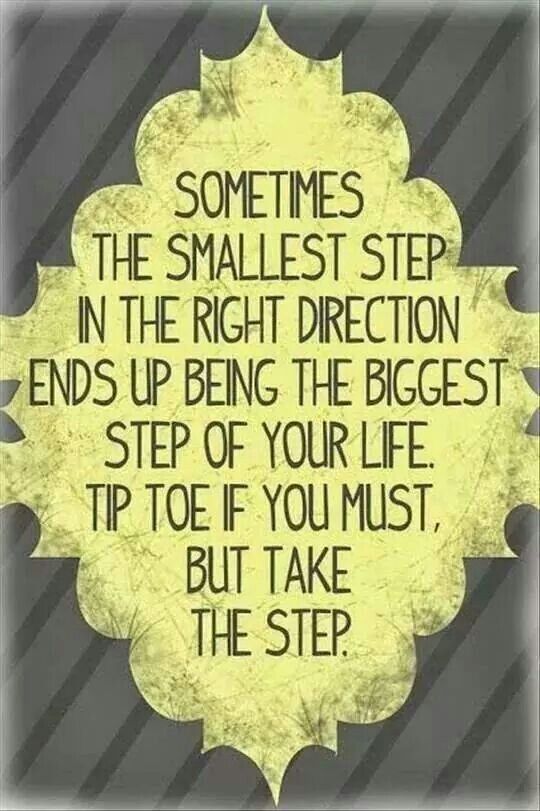We talk to people about their families, on a daily basis. Sometimes the stories are funny and uplifting, and sometimes they are fraught with tension, disagreement, and the kind of hurt feelings that seem like they will never heal. It is in the latter instance when we tend to shut down, to say things like “it’ll be a cold day”, or “when hell freezes over”. And where does that get us, really? It is a straight shot to the “I wish” and “I should have” and “I regret” that makes us a little less proud of the life we’ve led.
Family dynamics take years to develop. They rely on personality, circumstance, and events out of our control. What we can try to control is our reaction to each other. We can make every effort to let go of what were painful experiences at the time. We cannot allow that pain to define us. We are stronger than that.
We often hear about being the bigger person, trying to let go of the feelings of resentment that will only drag you down to a place where you could easily get stuck in the muck for years. It’s easy for someone to say these things. It is never a simple task to grab those feelings by the throat and strangle their impact on our thoughts and  actions. The feelings are really strangling us. So here are three ideas for beginning to let go.
actions. The feelings are really strangling us. So here are three ideas for beginning to let go.
1) Close your eyes and meditate on how you might feel when the person with whom you have conflict is gone. Will you wish you had made the effort to wipe the slate clean? Will it haunt you that you had a chance and didn’t take it? Is there value for you in being the bigger person? Will your actions, one way or the other, serve as a template for your family? Is that the example you want to set for your children and grandchildren? What will give you peace? More specifically, what is in your control that will give you peace?
2) Consider the idea you are not always right. This is a tough one. We all function under the illusion we are right; we do things for the right reasons; we are above pettiness. In rational moments of thought, we know these things are not true 100% of the time. We all like to think we do most things for the right reasons, but getting to a place where we can objectively question our own motives is truly a monumental task. Reflection and introspection are two things for which we often feel we don’t have time. Time, for us, is finite. Wouldn’t it be a good thing to take some of what we’ve been given to explore our own motivations?
3) Take just one step and see how it goes. We’ve all heard the saying “A journey of a thousand miles begins with just one step.” These kinds of journeys may very well feel like a thousand miles. We may touch a toe to the pavement and feel like it’s just too hot to take any steps at all. But change, real life-altering action, has to begin somewhere. We like the saying “Sometimes the smallest step in the right direction ends up being the biggest step of your life. Tiptoe if you must, but take the step.”
So go ahead and tiptoe. Make the phone call. Send the card. Begin to let go of some of the feelings that have been stagnating inside you, because they are taking you on a journey, too. It’s just a journey to frustration and unhappiness. These are three little things – three little things that might save you from regrets and should haves and wishes. The most we can ask for when we leave this earth is to go regretting nothing. We should at least go regretting as few things as possible. So give it some thought. Where can you begin to take steps to minimize your regrets? Go ahead. Tiptoe.

